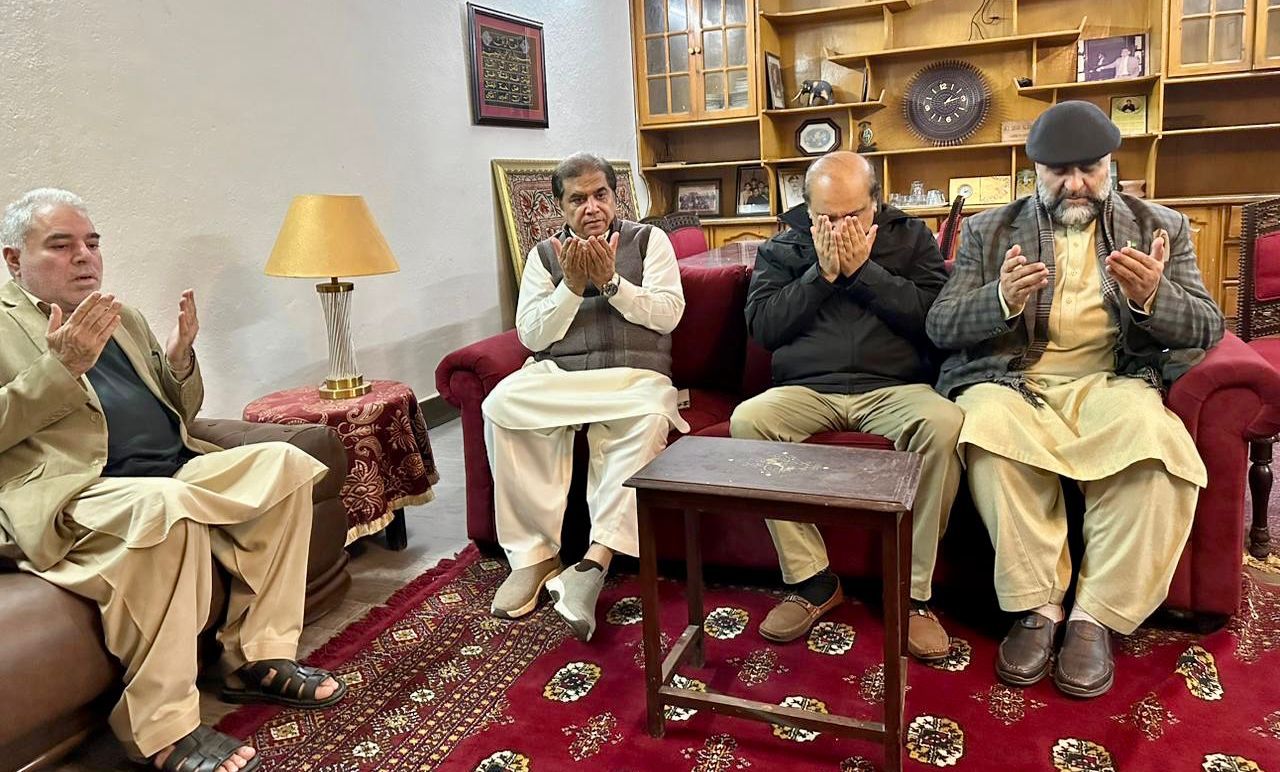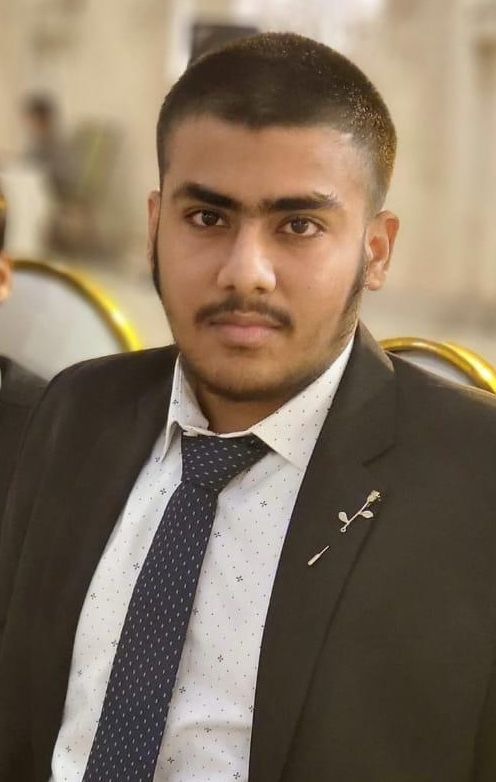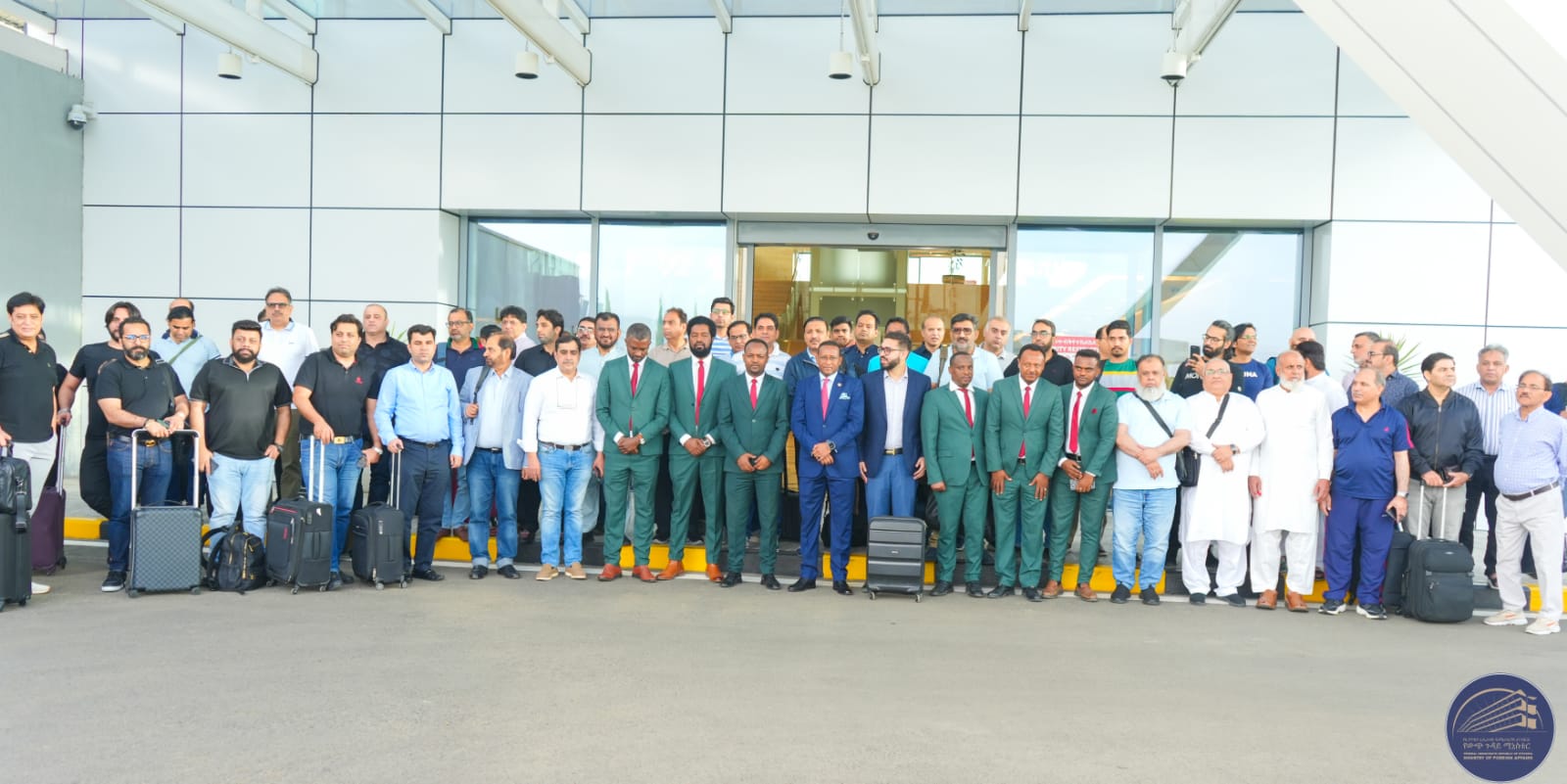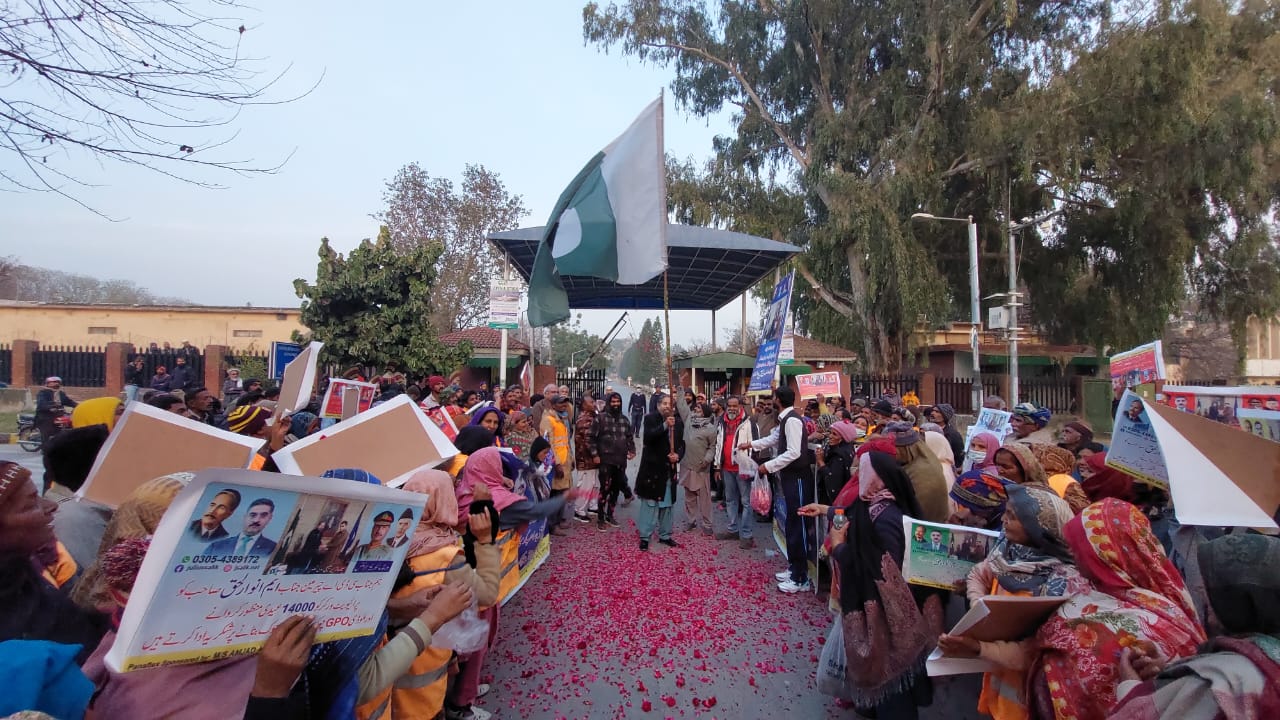Remembering Professor Nazir Ahmed Shawl: A Tribute to a Visionary Advocate for Justice and Human Rights
Islamabad:Today marked a somber gathering at Wani House in Islamabad, where eminent figures came together to express their profound condolences to the family of the late Professor Nazir Ahmed Shawl. The attendees included Muhammad Hanif Abbasi, ex-federal minister, Sardar Naseem Khan, former Mayor of Rawalpindi, and Altaf Ahmed Bhat, senior Hurriyat leader, who collectively mourned the loss of a true visionary and advocate for justice for Indian illegally occupied Jammu and Kashmir.
Professor Shawl’s passing, occurring on Friday in London after a brief illness, resonated deeply within the Kashmiri community and far beyond. Muhammad Hanif Abbasi, a seasoned politician, conveyed his condolences, recognizing Professor Shawl’s significant role in the Kashmir cause. Abbasi reflected on the void left by Professor Shawl’s departure and remarked, “His unwavering commitment to justice and self-determination echoes in the corridors of our political history. His departure leaves a void that will be felt deeply.”
Sardar Naseem Khan,former Mayor of Rawalpindi, paid tribute to Professor Shawl’s multifaceted contributions. “Professor Shawl was a gem of knowledge and a stalwart in the pursuit of Kashmir’s liberation. His intellectual prowess and dedication were unparalleled. His legacy will continue to inspire generations,” remarked Khan. His words captured the sentiment of many who recognized Professor Shawl not just as a political figure but as an intellectual force committed to the ideals of justice and freedom.
Altaf Ahmed Bhat, senior Hurriyat leader, while offering his condolences and reflecting on Professor Shawl’s global impact said that, “In the memory of Professor Shawl, we remember a fearless advocate for human rights and a beacon for the Kashmir cause. His impact transcends borders and time, shaping the narrative for justice,” expressed Bhat. Professor Shawl, revered as a global voice for the people of Indian Illegally Occupied Jammu and Kashmir (IIOJK), left an indelible mark on the ongoing liberation struggle.
During their visit, these leaders met with with the nephews of late professor Shawl : Mohy uddin Wani, Shahab Uddin Wani, Moin Uddin Wani, and other relatives, offering their condolences and sharing memories of the iconic figure. Their visit, laden with condolences, highlighted the unity in grief over the loss of a figurehead in the struggle for self-determination.
Born on October 13, 1946, in Baramulla, Professor Shawl’s life journey was celebrated as a polymath—a multilingual individual, an educator, a poet, and a staunch advocate for human rights. His educational background included undergraduate studies in sciences at Kashmir University, Srinagar, and post-graduation in Botany from the same esteemed institution. Throughout his illustrious career, Professor Shawl served as a distinguished professor and researcher in Botany, contributing significantly to the academic and scientific communities.
His activism extended beyond academia, with roles as a field advisor in science, coordinator for the UNICEF-assisted project PECR, a valued member of the Board of Undergraduate Studies at the Botany University of Kashmir, and Chief Test Administrator of Banking Personnel Selection (IBPS-Bombay). Professor Shawl’s writings not only championed the Kashmir cause but also highlighted human rights concerns in different conflict areas. As the chief editor of Kashmir Press International (KPI), he played a pivotal role in disseminating information about the ongoing struggles in the region.
To further his commitment to peace and human rights, Professor Shawl instituted a think tank known as the South Asia Centre for Peace and Human Rights, of which he was the chairman in London.
As the visitors, departed from Wani House, their shared sentiments and condolences resonated as a testament to the profound impact Professor Nazir Ahmed Shawl had on the collective consciousness of those engaged in the pursuit of justice, self-determination, and human rights. His legacy, marked by resilience and dedication, will undoubtedly continue to inspire generations to come.




